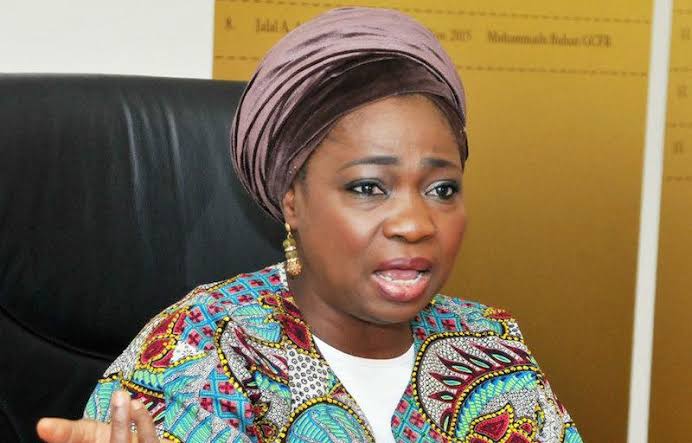The Nigerians in Diaspora Commission (NIDCOM), in collaboration with the Nigeria in Diaspora Organisation (NIDO), has successfully rescued 200 Nigerian girls from human trafficking rings in just four months.
Abike Dabiri-Erewa, NIDCOM’s Chairman and CEO, made this announcement on Thursday in Lagos during the reception of three trafficked girls from Ghana.
The girls, aged 19, 18, and 17, are from Bayelsa and Akwa Ibom states.
Dabiri-Erewa attributed the success of the rescue operation to the coordinated efforts of NIDO Ghana, the National Agency for the Prohibition of Trafficking in Persons (NAPTIP), the Nigerian High Commission, Ghanaian police, and the Office of Nigeria’s First Lady.
Despite ongoing awareness campaigns, she expressed concern over the continued vulnerability of many young people to trafficking, stressing the need for parents to closely monitor their children’s associations, as traffickers are often people the victims know well.
“Traffickers often include familiar faces who convince victims to keep their plans hidden from their families. Parents need to ensure they know who their children interact with,” Dabiri-Erewa said.
Since January, NIDCOM has facilitated the return of about 200 trafficking survivors from Ghana to Nigeria, with support from Calistus Elozieuwa, Chairman of NIDO Ghana.
Dabiri-Erewa confirmed that four traffickers involved in the recent case had been arrested and would face prosecution.
The three rescued girls will be processed by NAPTIP and reunited with their families for rehabilitation.
Dabiri-Erewa also reported that ten other trafficking survivors remain in Ghana but are expected to return soon.
“We continue to support the agencies involved in this critical effort. NIDCOM provides logistical assistance, ensuring these girls are brought back to their states where they can begin rebuilding their lives,” she said.
She shared a heart-wrenching account from one of the survivors, who explained how her aunt lured her and her cousin to Ghana with promises of work in a boutique and bar.
After a brief rest, they were coerced into prostitution but managed to escape.
“We had to run. A man found us and took us to the police station,” one of the Bayelsa-born girls recounted.
Another survivor from Akwa Ibom shared how her aunt promised her a job in a supermarket but instead forced her into prostitution.
She described the daily abuse she suffered for refusing to comply, eventually succumbing to the trafficker’s demands. The victim later managed to escape with the help of another survivor, returning with the police to rescue the others.
Dabiri-Erewa emphasized that continuous awareness and public education are essential to ending human trafficking and protecting vulnerable individuals.


